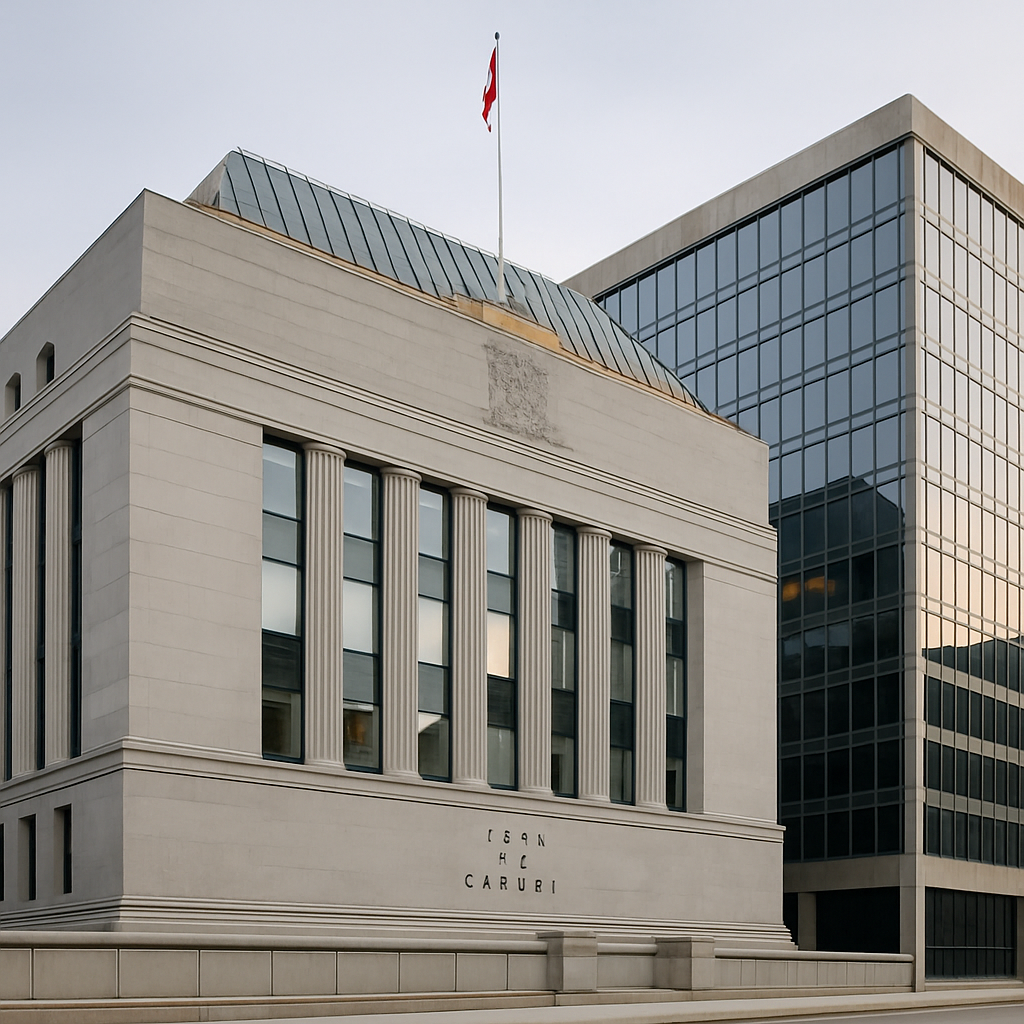Bitcoin in Canada: Rules, Regulations & What You Need to Know
Bitcoin is legal in Canada — but it’s not a free-for-all.
Whether you’re buying, selling, or building a business around Bitcoin, you need to understand how Canada regulates it. These rules are designed to prevent fraud, protect consumers, and fight money laundering. For a broader overview of the ecosystem, start with the 1Bitcoin.ca Homepage or explore our Bitcoin Resources Hub.
Here’s a breakdown of the key Canadian regulatory obligations related to Bitcoin and crypto.
🏩 1. FINTRAC — The Financial Watchdog
What is FINTRAC?
FINTRAC stands for the Financial Transactions and Reports Analysis Centre of Canada. It’s responsible for monitoring money laundering and terrorist financing and plays a key role in regulating Bitcoin businesses in Canada.
If You Operate a Bitcoin Business:
You may need to register as an MSB — a Money Services Business.
📋 2. MSB — Money Services Business
If you operate a crypto exchange, Bitcoin ATM network, or facilitate peer-to-peer Bitcoin trades, you may be classified as an MSB.
MSBs must:
- Register with FINTRAC
- Implement a compliance program
- Report certain transactions
- Keep detailed customer records
MSB Triggers Include:
- Exchanging crypto for fiat
- Transferring crypto on behalf of customers
- Holding customer balances (avoid this by using proper self-custody)
- Offering Bitcoin ATMs
If any of these describe your operation, you’re not just a “Bitcoin guy” — you’re running a regulated financial business.
🧾 3. KYC — Know Your Customer
What is KYC?
KYC laws require financial businesses to verify customer identity. This is mandatory for most legal Canadian Bitcoin operations.
You may need to collect:
- Government-issued ID
- Proof of address
- Source of funds
- Risk assessments
If you’ve used a regulated platform like Shakepay or Newton, you’ve already completed KYC.
And if you want a fast, compliant way to buy Bitcoin, you can use Bitcoin Express.
KYC supports:
- Fraud prevention (learn more in our Bitcoin Scam Guide)
- Law enforcement
- FATF international standards
💸 4. Reporting Obligations
Crypto MSBs must report certain transactions to FINTRAC:
| Transaction Type | Report Requirement |
|---|---|
| Large cash | $10,000+ (single or linked) |
| Large virtual currency | $10,000+ (single or linked) |
| Suspicious transactions | Any amount |
| Terrorist property | Must report immediately |
All reports must be submitted through FINTRAC’s reporting system, and records must be retained.
Any time money movement is involved, review our Fees Overview so you understand cost and compliance implications.
🚩 5. What Happens If You Ignore These Rules?
Non-compliance can lead to:
- Fines — up to $2 million
- Criminal charges
- Loss of business reputation
- Bank account freezes or shutdowns
Bottom line: if you’re handling other people’s money — even crypto — you must follow the rules.
To avoid fraud exposure, review our Avoid Bitcoin Scams in Canada guide.
⚖️ 6. Do You Need a Lawyer or Compliance Consultant?
For serious operations: yes.
If you run a crypto exchange, brokerage, or Bitcoin ATM network, compliance is not optional.
A lawyer or AML specialist can help you:
- Register as an MSB
- Build a compliance program
- Fulfill reporting obligations
- Avoid costly mistakes
For personal use (e.g., buying BTC for yourself), no registration is needed — just use a compliant service like Bitcoin Express.
🏩 7. Is Bitcoin Legal in Canada?
Yes — you can buy, sell, hold, and use Bitcoin legally.
However, Bitcoin is not legal tender. Only the Canadian dollar is.
This means:
- You cannot force anyone to accept BTC
- Businesses may accept BTC voluntarily
- Capital gains are taxable
If you’re buying Bitcoin, see our How to Buy Bitcoin in Canada guide to ensure you’re using compliant methods.
⚖️ 8. CRA & Crypto Taxes
The CRA treats crypto as a commodity.
This means:
- Buying BTC — not taxable
- Selling BTC — taxable
- Trading BTC for ETH — taxable
- Getting paid in BTC — income
You must track all capital gains or losses.
Learn more via the Resources Hub (tax guides & compliance explainers).
🗺 Summary: What You Must Know
| You Are… | You Must… |
|---|---|
| A regular BTC buyer | Use a KYC-compliant exchange, keep tax records |
| A crypto ATM operator | Register as MSB, report large transactions |
| A P2P trader earning profit | Follow MSB rules and KYC |
| A Bitcoin business with custody | Follow full compliance (FINTRAC, MSB, reporting) and avoid custodial risk by learning self-custody |
| A casual seller | Track and report gains |
📚 Want to Learn More?
Before diving into external resources, start with our Bitcoin Resources Hub for clear explanations.
Final Word
Bitcoin is about freedom — but freedom without responsibility becomes chaos.
If you’re using or building with Bitcoin in Canada, understand the rules. They’re not perfect, but they’re clear enough to follow. And if you follow them, you can build or operate with confidence.
When in doubt, explore our guides, verify everything, and stay sovereign through proper self-custody.




